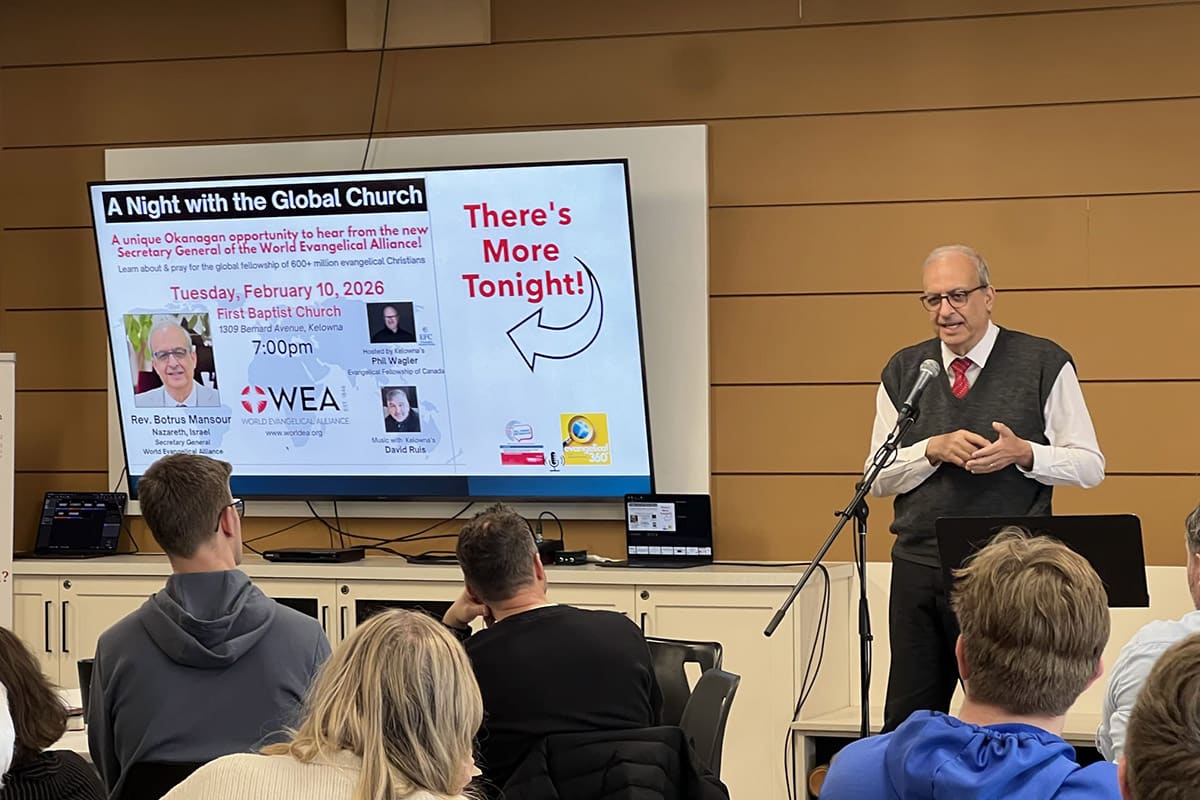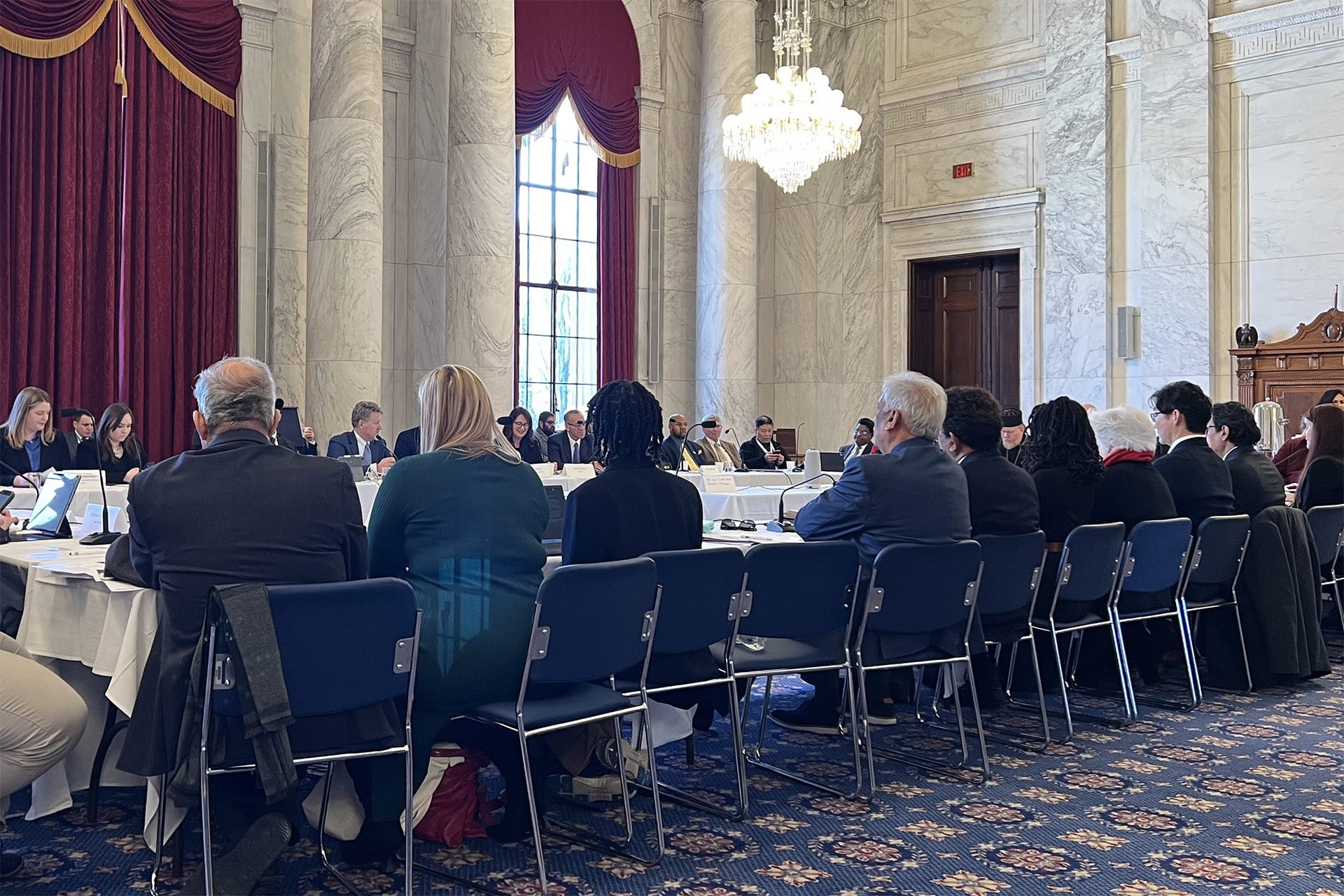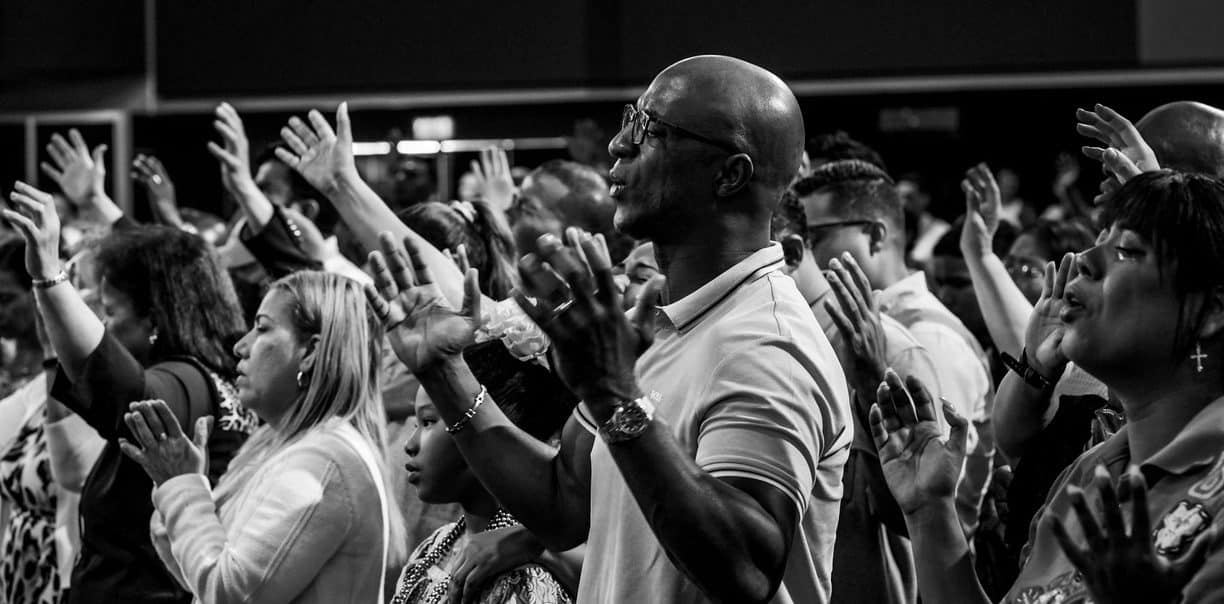– by Bishop Efraim Tendero
“The gospel agenda that God has given us is to care for the vulnerable and the suffering.”
In order to care for the vulnerable, we have to start with the biblical basis for caring for those who are suffering or disadvantaged. Here’s what we learn from the book of Isaiah:
- God cares for the underprivileged. Isaiah 25:4
- God commands us to care for them. Isaiah 58:6-7
- God condemns the oppression of the poor. Isaiah 10:1-3
- God commends those who serve the vulnerable. Isaiah 58:10
Isaiah 58:10 reads, “And if you spend yourselves on behalf of the hungry and satisfy the needs of the oppressed, then your light will rise in the darkness, and your night will become like noonday.” What a great joy for those who are engaged in providing aid to the suffering! You are shining brightly because of all that you have done. That’s how much God is pleased when we take care, when we respond, and when we show concrete acts of love to people who are in great need.
In Deuteronomy 15:4, we read about the ideal–that there would be no poor among us. But the reality is that the poor will never cease to be in the land. So how do we get from the reality to the ideal of no more poor among us? The gospel agenda that God has given us is to care for the vulnerable and the suffering. This is our task–to bridge the gap from the real to the ideal.
Comprehensive Action
The second way we can be involved with caring for the vulnerable is to engage in comprehensive action. When disaster strikes, the quality of life for those affected greatly decreases. There is lack of food and shelter. There can be diseases and social disruption. This is where we need to respond–providing food, shelter, community organization, and spiritual aid.
Studies show that there are great amounts of money poured out during these relief efforts, but we need to go beyond emergency relief to rehabilitation. We want to restore communities to what was there prior to the disaster, but we also want people to move beyond that to an even better condition. We want to enhance the overall infrastructure of the community to improve the lives of the people following a disaster.
HDI has helped us a lot in this area by helping us learn how to gather data and utilize that data for these situations. Data helps us figure out what the critical needs of the community are, and it then helps us to evaluate the standards of delivery and performance of our services.
Establish a Framework of Intervention
A third aspect of caring for the vulnerable is establishing a framework of intervention. To do this we must first identify the causes of vulnerability. Why are the people facing the kind of difficulties that they are encountering? There are many causes of vulnerability, but I would say one of the major causes is social injustice. Even here in America, there is so much social injustice. I am surprised to see racial prejudice in America is still occurring. I was just reading today that black students have four times the chance of having problems in school than non-black students. Social injustice creates vulnerability.
In addition to social injustice, we have to look at environmental factors as well. There is a direct link between the warming of our oceans and the increase in incidence of typhoons. That’s why in the climate change conference in Paris last year there was a strong presence of Filipinos discussing the need for decreasing the ocean temperature. Only a small change in temperature has huge implications for the people of the Philippines.
Engage in Collaboration for Effective Intervention
We need to have strategic alliances. We are Christian-based organizations, but we need to be working interfaith as well as intrafaith. We need to be collaborating with other faiths, governments, and organizations.
To illustrate this, I like to think of a chair. How many of you sit on one-legged chairs? We need all four legs, just like we need the four pillars of society. We need government because it has the laws and structure. We need business because it has the capital and funds to support our interventions. We need to work with NGOs because they have the expertise and knowledge. We need to work with the religious communities because they have the morals and connections that drive the community.
We need all of these pillars to address large issues in the world such as human trafficking in the Philippines. A few years ago we found that to fully address this large issue, we had to work with the government and numerous religious communities. We established the Philippine Interfaith Movement Against Human Trafficking. And now because we are all working together, (the government and businesses work with us and the NGOs work with us) we’re more effective than if it were only one small group of Christians.
Working with these other faiths and groups of people in an interfaith organization doesn’t mean you lose your identity. You still have your identity as an evangelical Christian working with others addressing a common agenda. They may ask “Why are you doing this?” and you have the opportunity to say that you are doing it because you are a follower of Jesus.
I was given the opportunity to go with a delegation of pastors, imams, and priests to have peace talks with the Moral Islamic Liberation Front. Not too long before this, a high ranking military official was held captive by this group for a month, so they were quite dangerous. We were planning on walking into their stronghold to discuss peace. When we walked in, they were suspicious of us being from the government or military, so I was given the opportunity to say that we were religious leaders and that because I believed that we are all made in the image of God and that Jesus calls us to be peacemakers, I wanted to establish a peaceful relationship with their group. Now I have a good relationship with their leader and have open communication frequently. So you can see, working with other faiths still allows for a Christian to be fully Christian and share the word. Others see the light in you and you get the chance to tell them why there is that light.
Our mission is to establish and strengthen regional and national alliances. We want to promote churches and para-churches working together so that they will better empower the evangelical community in that area to advance the good news of Jesus and to bring personal and community transformation for the glory of God. We are in place to share the good news and live out the message. We have the calling, character, and capacity to lead society in caring, resourcing, and transforming the vulnerable members of our communities so that they can better live out the life God has given them.
Bishop Efraim Tendero, secretary-general of the World Evangelical Alliance (WEA), gave the keynote address at HDI’s 2016 Disaster Ministry Conference in June. This article is an edited excerpt from his address. Before joining the WEA in 2015, he served for more than 20 years as the national director of the Philippine Council of Evangelical Churches (PCEC), and was also president of the Philippine Relief and Development Services (PHILRADS), the relief and development arm of PCEC that works hand-in-hand with local churches in holistic ministries to serve the poor and needy. He has also served as executive editor of Evangelicals Today, the longest running Christian magazine in the Philippines.





Stay Connected